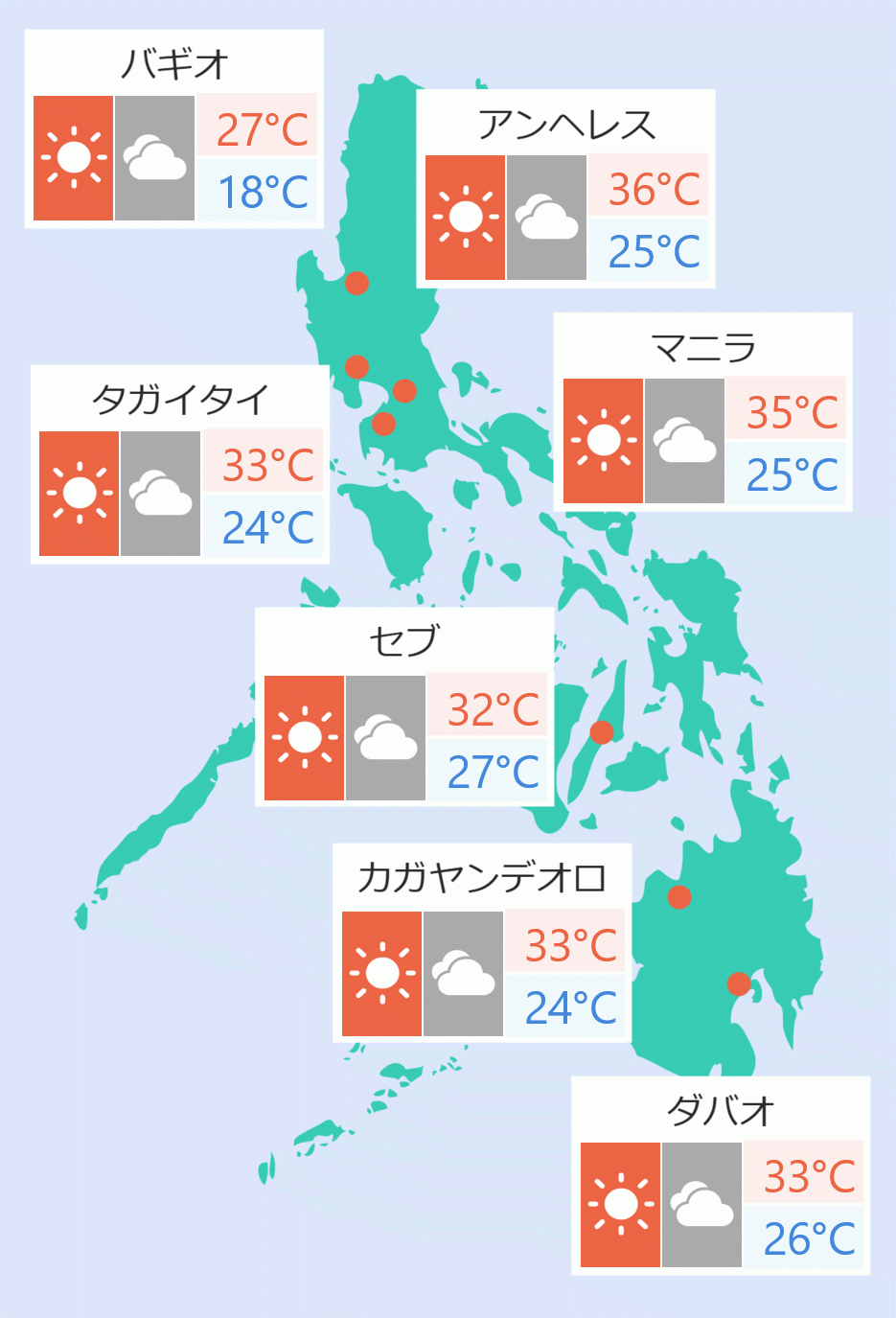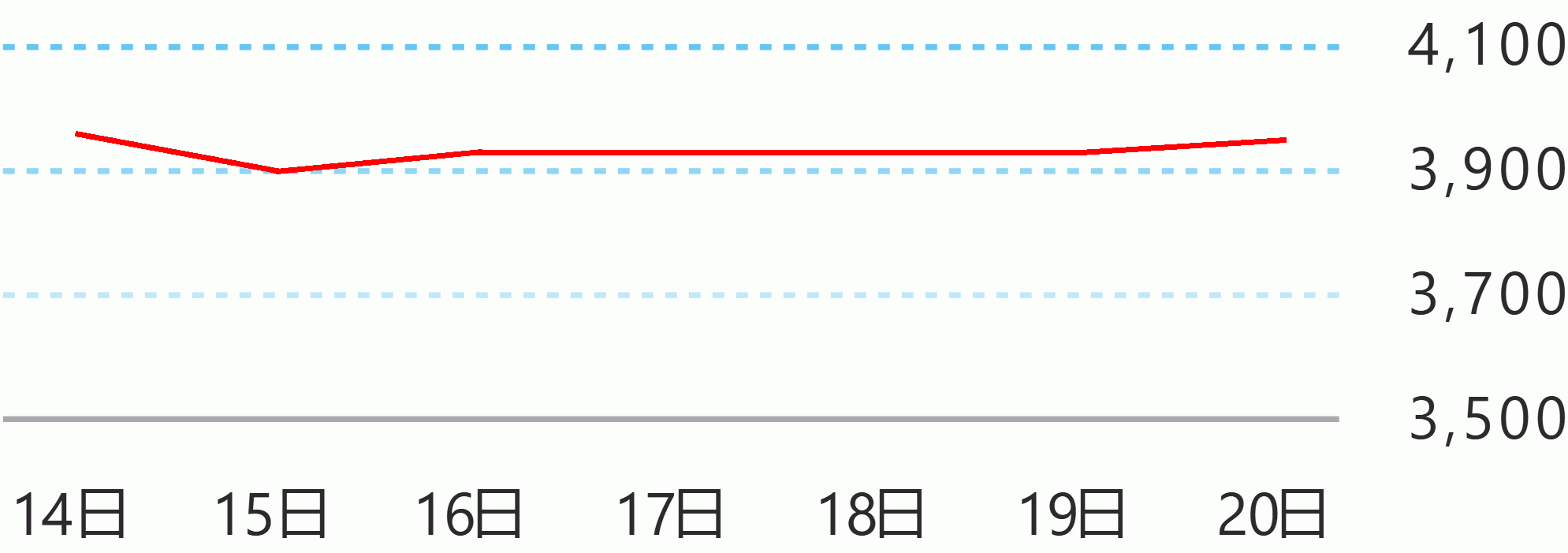By Robina Asido
Finance Secretary Benjamin Diokno said inflation is expected to go down to four percent by October from 8.6 in February, one-tenth of a percentage point lower than the previous month but still the highest in nearly 15 years.
"February inflation was slightly lower than the January inflation, 8.6 percent compared to 8.7 in January. It means its level went up, and that we forecast that maybe by around October, it will go down to four percent, two to four percent level na ini-expect ng BSP," Diokno said in a Palace press briefing on Tuesday.
"In fact, the inflation for February, the forecast of BSP is 8.5 to 9.3, right? They forecast that last week. So the actual inflation number is nearer the end to lower end of the forecast. So that’s good news," he said.
Diokno said the economy may slow down to six to seven percent this year but it is expected to recover to 6.5 to 8 percent in the coming years.
"The inflation is high relative to what we had for the last ten years but our economy is still sound. We don’t expect the economy to slow down. It may only slow down between six to seven percent that is forecast this year but it will recover to around 6.5 to 8 percent in the following years," he said.
Diokno said in a sectoral meeting with President Ferdinand Marcos on Tuesday morning, he explained the volume of agricultural products that needs to be imported as food is now the main source of inflation.
"We mentioned the sources of inflation. And it shows that it is due to food items, so major items like vegetables, meat, sugar, fish. And then in relation to that, I reported how much rice, yellow corn, raw and refined sugar, pork and fish that we need to import, so I stated that," he said.
"In the past, I think for the last 50 years before the rice tariffication, rice has always been the major source of inflation in the country. Now that we adopted the tariffication, in other words, anybody can now import rice as long as they pay a certain amount. It’s no longer a major source of inflation because people or businessmen can decide to import or not to import," he added.
As he stressed the need to improve agricultural production, Diokno also noted the recommendation to speed up the process of importing agricultural products to address increasing prices of commodities.
"There are requirements that delays the release of the imported products. Let’s say when you import before you can release it from Customs there are a lot of needed requirements. So these are again part of the recommendation. For example, fast-tracking government processing on clearances for agricultural goods," he said.
"For example, removal of the certificate of necessity to import or CNI for fish; digitalized and centralized the sanitary and phytosanitary import clearance system. Because I understand, the sanitary and phytosanitary import clearance before are computerized during the time of (former President Gloria Macapagal Arroyo) GMA, then during the time of (former President Benigno Aquino) Pnoy they make it manual, so now we will computerize it again," he added.
Also recommended is the implementation of the "equivalence principle of the sanitary and phytosanitary agreement" and the removal of required authority to release imported goods or ATRIG.
Diokno said Marcos will also form an "Inter-Agency Committee on Inflation and Market Outlook” which he will lead with NEDA Secretary Arsenio Balisacan as his co-chairman, where vice-chairman is the DBM Secretary and then the members are the Agriculture, Department of Trade and Industry (DTI), Department of Interior and Local Government (DILG) and Department of Science and Technology (DOST).
"So this will be a permanent committee. And its work is to come up with the demand and supply situation, and we will report to the President on a monthly basis, on what the situation is, if there is a need to import, we will import. So the decision to import will no longer be an ad hoc," he said. DMS





 English
English










